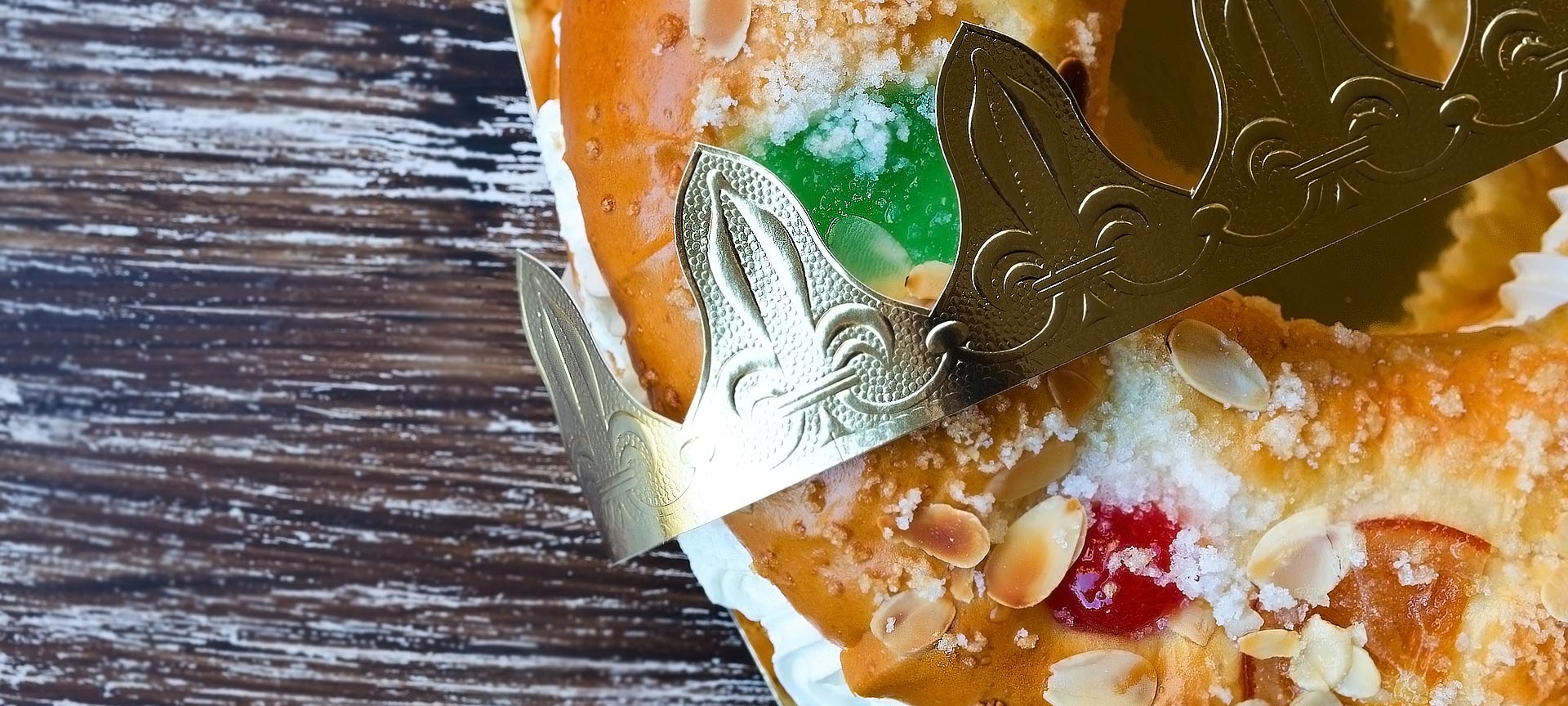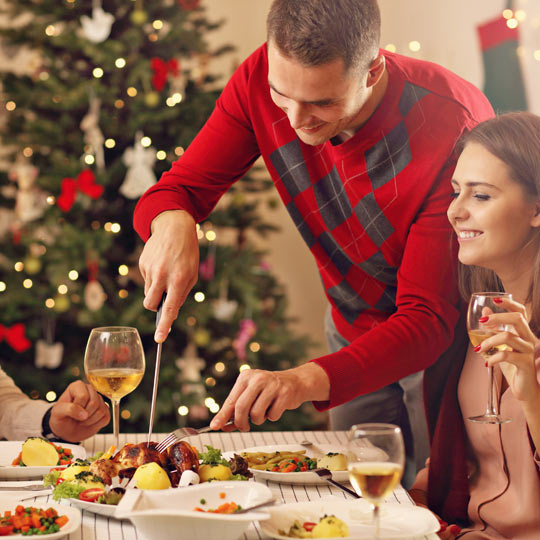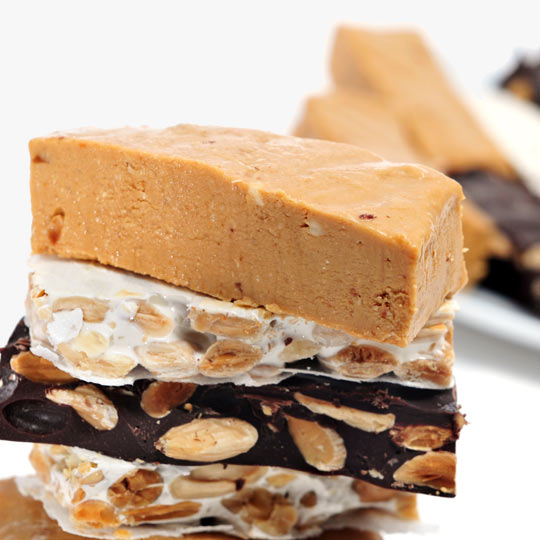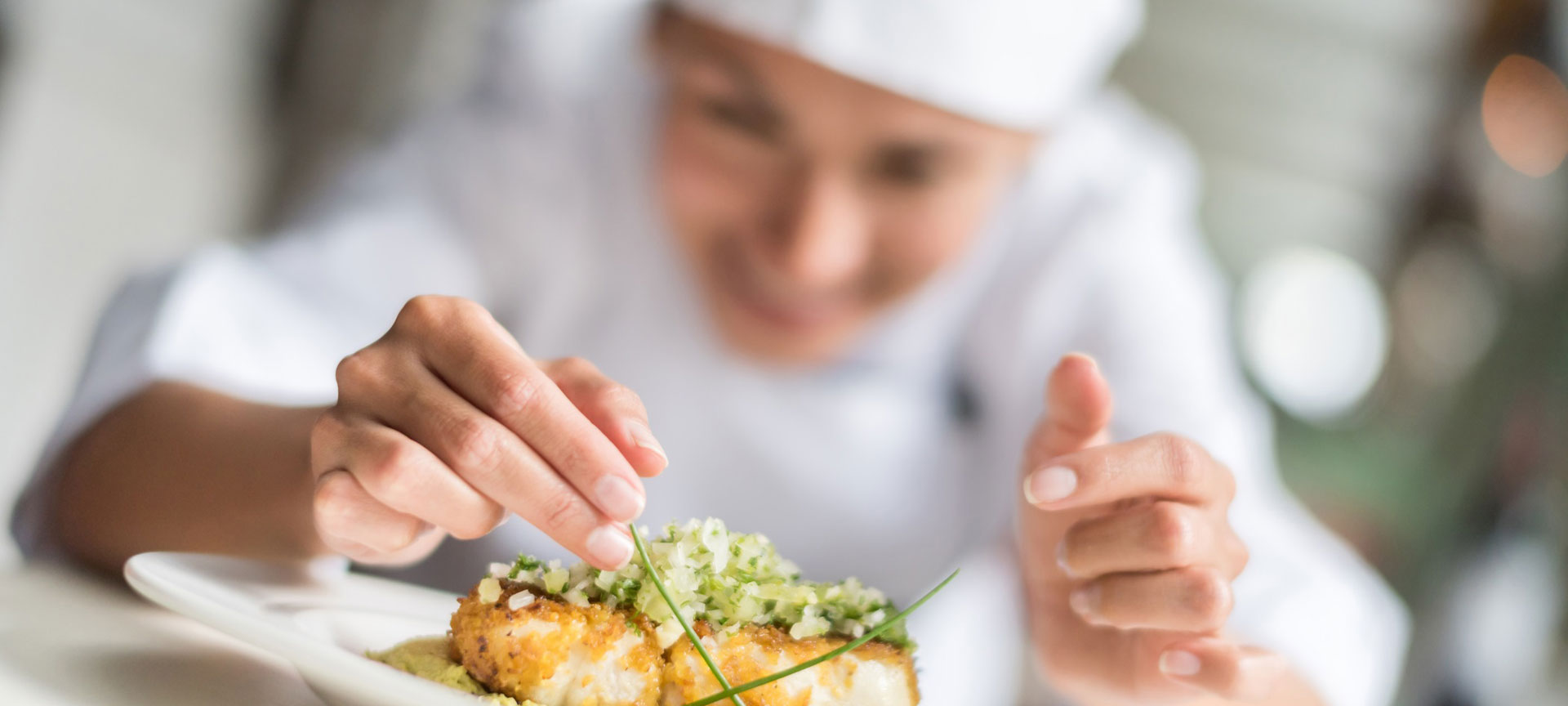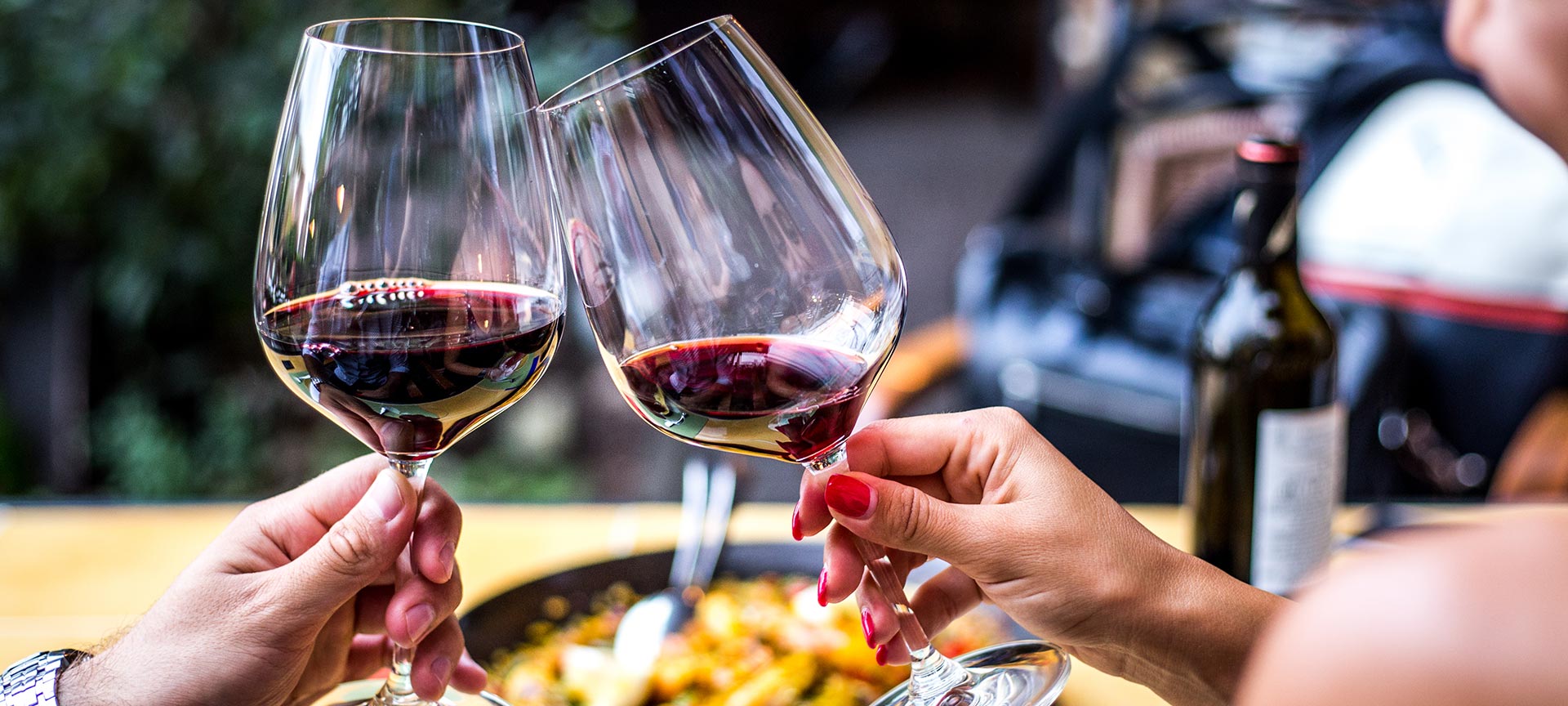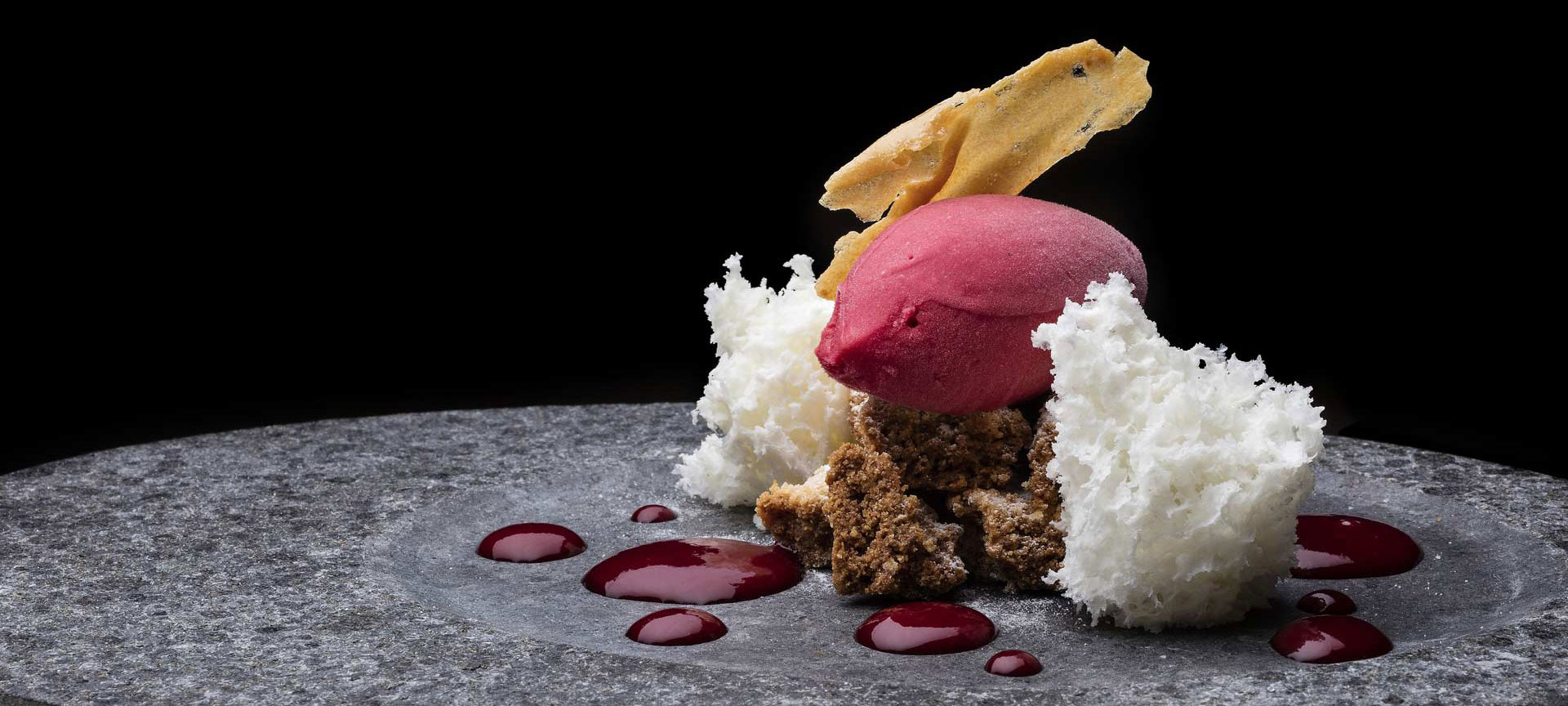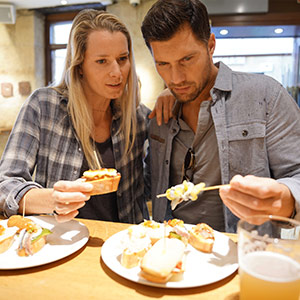Toasts that are 100% Spanish
We are referring to those made with cava. This is a sparkling, dry white wine produced in Spain and it is perfect for special occasions. Do you want to make it even more Spanish? Then you have to say “Salud” (good health) when making your toast. Another more informal version is “Chin-chin”, though it’s likely you will hear a lot of people toasting using the more popular cry of “Arriba, abajo, al centro y adentro” (up, down, together, then bottoms up).
Twelve grapes for good luck
Would you like next year to be amazing? Then you have to eat 12 grapes for good luck on 31 December as the clock strikes midnight. You will see how the country grinds to a halt in front of the television, and how everyone eats their grapes along with the sound of the clock chiming. According to tradition, if you manage to eat all the grapes in time, you are in for a year full of prosperity and good luck. If you really want to make the most of these experiences, we encourage you to do so in person at the Puerta del Sol square in Madrid (remember that you need to arrive at the square a few hours before). If you are in another city, don’t worry, grapes are eaten in almost all cities at one of their landmarks.
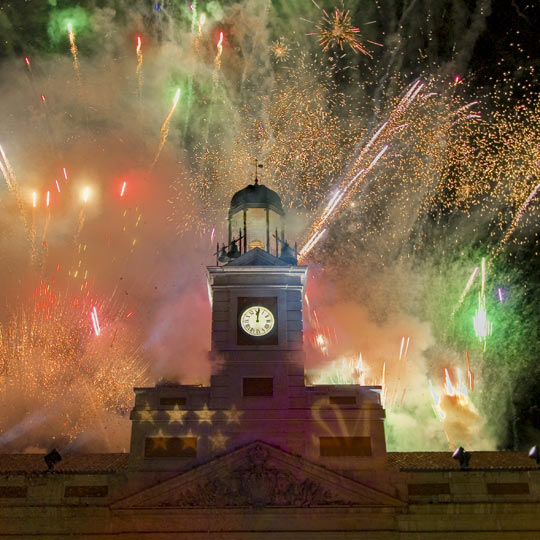
Puerta del Sol square, Madrid, on New Year's Eve
